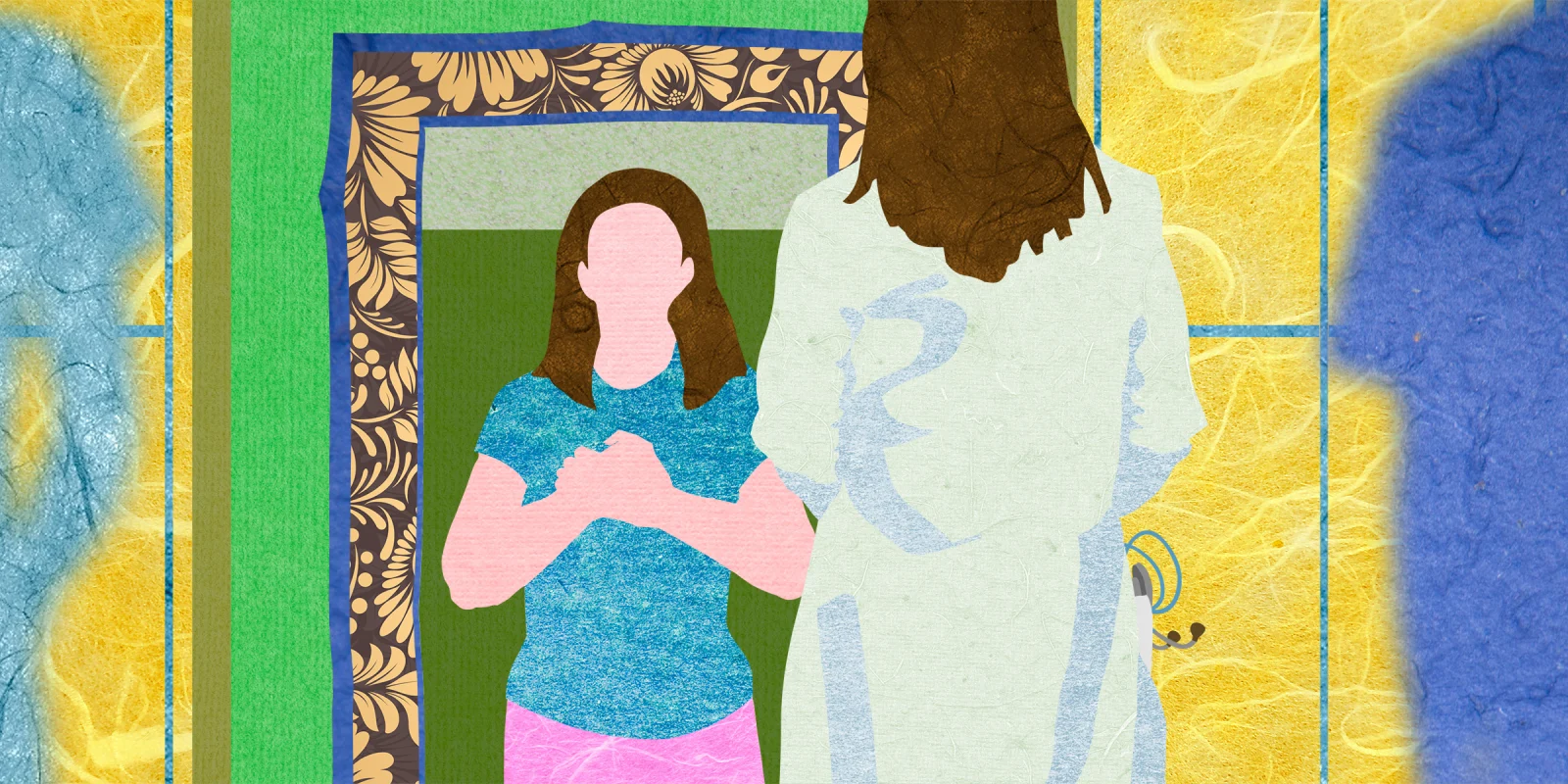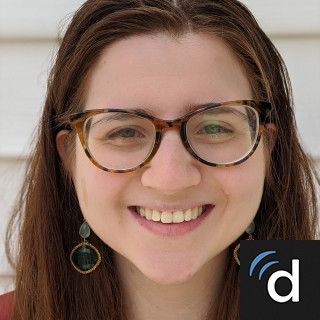Most days of medical training, I came home after long days to tell my husband, “I can’t wait until I'm the attending.” I felt frustrated by the unexplained, arbitrary clinical decisions of my superiors and exhausted from carrying out the instructions of others. I had no control over my time and worried constantly about living up to the expectations of those evaluating my performance. Meanwhile, I saw many of my friends not in medicine already running companies or managing teams. I was left dreaming about how nice it would be to one day be in charge.
“What is going on with you?” my husband inquired during an episode of tossing and turning in bed after finally getting both kids to sleep. Next week I was starting my first attending job as a hospitalist at a large academic medical center. My dream was happening and I wanted it to stop. Maybe it wasn’t too late to cancel my contract? What would happen if I didn’t know what to do and the patient decompensated? It would be all my fault. Would I know when to appropriately place a specialty consult? Or know when a patient is ready for discharge? Had my residency program provided me with enough skills? I absolutely did not want to start this new job. Now all I wanted was someone to keep watching over my shoulder, to just tell me what to do.
My husband almost forced me out the door to arrive on time for my first shift. Perhaps moved by the calm of the Charles River, my mindset somehow flipped during that 15-minute drive. I felt ready, even excited. I realized I had been preparing for this moment for 11 years. Eleven years! The longest amount of time I had dedicated to anything in my life. This is what all the sacrifice and hard work was for: to practice compassionate medicine, to have a dependable salary, to be autonomous.
That first shift felt great. Every patient I met, I confidently said, “My name is Dr. Grinberg. I’m the one primarily responsible for your care in the hospital.” I felt in charge. I calculated the amount of compensation for my time compared to my salary in residency, which had been less than my childcare expenses alone. I felt valued. For every clinical decision I made, it was my choice. I was happy to be at the hospital. I had made the best decision to accept this job. At the end of that first shift, I went home and easily fell asleep for the first time in a long time.
When I woke up, I thought it would be a good idea to check the EMR before work to confirm if I had made good clinical decisions. My heart started to race when I no longer saw Kara’s name on my patient list. She was an elderly woman I had admitted a few hours into that first shift for management of her AFib and stroke. It was a common, straightforward admission. Now, I saw her name instead on the list of patients in the ICU. How was that possible? She had been clinically stable. I had started her on the appropriate medications. None of that seemed to matter now. She was on a breathing tube and on the brink of death.
Thoughts of being incompetent, negligent, and at fault consumed me. I kept checking Kara's medical record every hour to see all the clinical decisions of the ICU team. What were they doing differently? I imagined them all judging my initial medical orders. And even though the ICU team did not do anything significantly different, I felt deep shame and questioned my ability to be a good doctor.
One of the main reasons I accepted this particular job was because of the chief hospitalist. He demonstrated a type of compassion, efficiency, and thoughtfulness all too rare in medicine. When I saw him practice medicine, I hoped one day I could be that kind of doctor and leader. After I saw that Kara had died in the ICU, I made the choice to talk to him about this feeling of being unqualified to be a doctor. He knew the impostor syndrome I described, but he had also learned how to say goodbye to it years ago. In its place, he had a number of principles he followed, which I have since tried to ingrain into my brain.
First, no matter the stage of medical training and practice, it’s important to always think critically when caring for patients. For the common clinical presentations, this means to always stop and wonder if something is missing or different; for the uncommon clinical presentations, this means to cast a broad net in creating a differential diagnosis and reviewing the current medical literature. We should always be learning something new and accept that we will be faced with unfamiliar clinical scenarios. If something goes differently than we anticipated, at least we know we thought about it carefully.
Second, we need to accept that clinical presentations and decision-making evolve as more information is collected and time passes. It is normal and natural for an initial plan to evolve based on more data. It doesn't mean we were initially wrong. Often clinical dilemmas remain that continue to puzzle even the most experienced doctors. It can be helpful to review the medical record of previously-cared-for patients, but it should be to learn new things, not to confirm or deny the accuracy of prior clinical decisions.
And finally, which was the hardest yet most necessary for me to hear: patients can be sick and, despite our best efforts, they can continue to be sick and, sadly, die. It is not our fault. As an oncology hospitalist who mostly takes care of patients with advanced cancer requiring prolonged hospitalizations, this was particularly important for me to hear. I was struggling with the reality of frequently having to deliver bad news and bear witness to more death than I had previously seen.
That one conversation led me in the direction of reaching balance and calm in my professional life. I no longer oscillate between total fear and complete bliss when it comes to being a new attending physician. Instead, I aspire toward a steady state of contentment. There are no longer best days and worst days. Instead, there are good moments and challenging ones, all with opportunities for growth and reflection without shame or guilt. I accept that with more clinical freedom and autonomy comes more responsibility and also, stress. I try to be thoughtful in my decisions and interactions, but also equally forgiving during the more challenging and unexpected moments. It feels different now when I check the medical record and see that a patient I had just cared for is now in the ICU or dying. I still feel immense sadness and worry for the person, but I remind myself not to internalize a feeling of failure or incompetence. This allows me to continue to grow and enjoy my work. And I hope that one day in the years to come, I can help a new attending in the same way my boss did for me.
How was your first day as an attending? Compare your day in the comments below.
Charlotte Grinberg is an oncology hospitalist at Beth Israel Hospital in Boston, MA. She has a particular interest in palliative care and narrative writing. Her writing has appeared in JAMA, Health Affairs, and the Annals of Internal Medicine. She is a 2020–2021 Doximity Op-Med Fellow. All names and identifying information have been modified to protect patient privacy.
Illustration by Jennifer Bogartz







